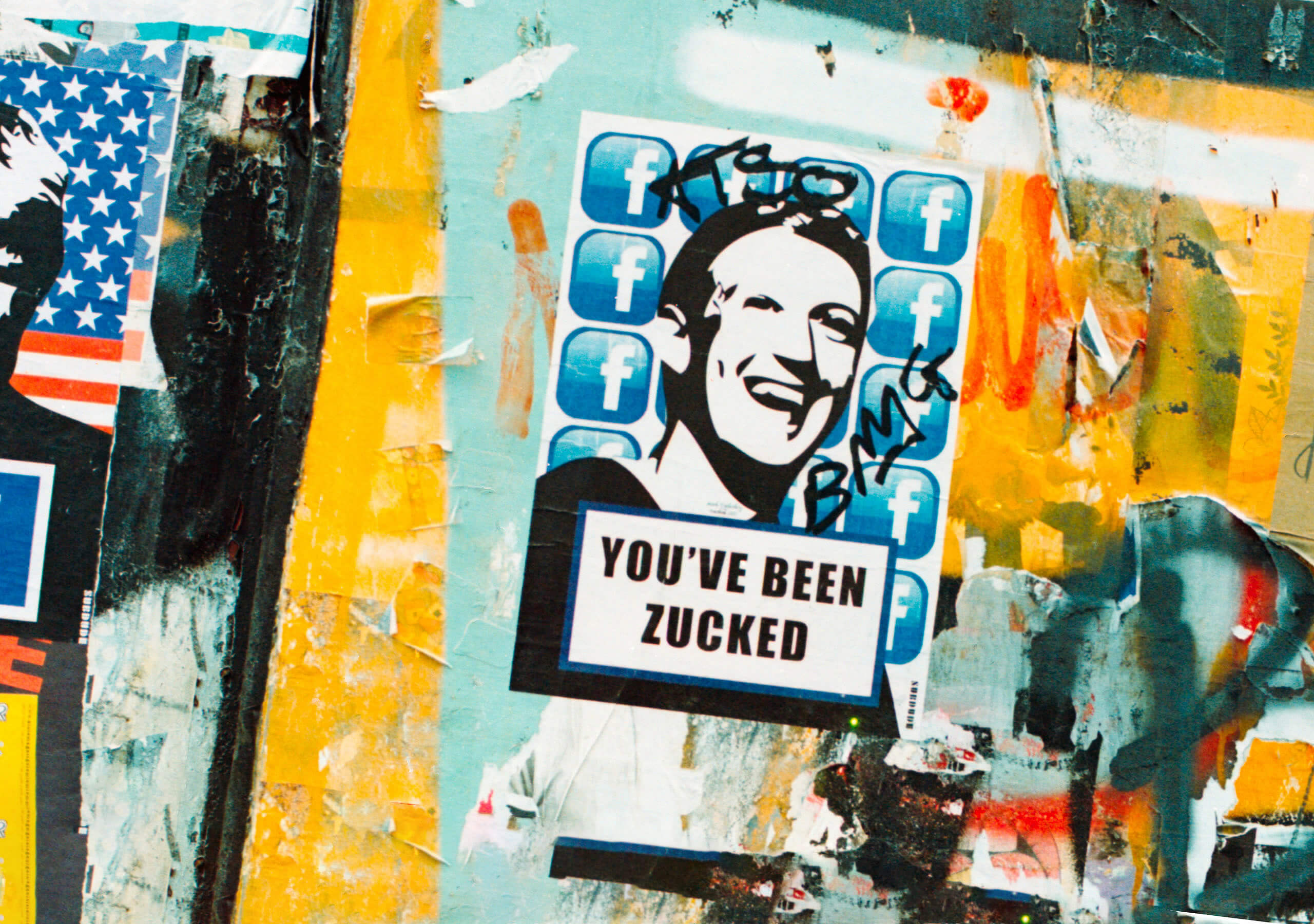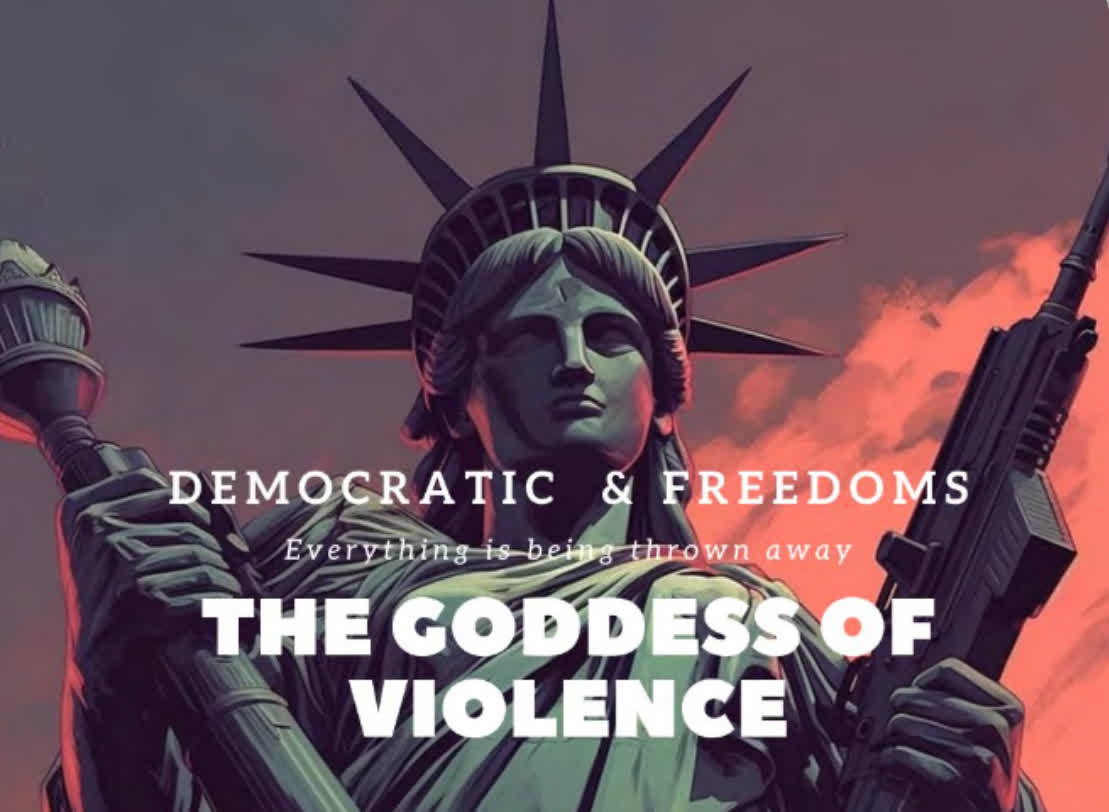A hot potato: Do you worry about the impact of online disinformation? According to a global survey by the United Nations, it's something that 85% of people are concerned about, slightly less than the 87% of those who believe it has already harmed their country's politics.

The UN's culture body, Unesco, commissioned a survey by Ipsos that involved 8,000 people in 16 countries due to hold elections next year, including Austria, Croatia, the US, Algeria, Mexico, Ghana, and India.
The report highlights the growing importance of social media as a daily source of information over the last 15 years. On average, 56% of internet users got their news mainly from these platforms, far more than from TV (44%) or media sites (29%), with those under 35 more likely to use social media for information compared to those over 55.
Somewhat ironically, despite being the main source of news in virtually every country, social media remains the second-least-trusted source of information. Only 50% have faith in the credibility and quality of the information on these platforms, compared to 66% for television, 63% for radio, and 57% for media websites and apps. Only large groups or communities on online messaging apps were less trusted (45%) than social media.
Furthermore, almost two-thirds (68%) of internet users on average said that social media is the place where disinformation is most widespread, ahead of online messaging apps (38%) and media websites/apps (20%).
Hate speech has long been an online issue, with 68% of survey participants saying they had seen it online. The percentage is higher for under 35s - 75%. Almost nine out of ten people said they want governments and regulators, as well as the platforms themselves, to take action against hate speech and election interference.
Unesco published an action plan to tackle the issue. It follows an 18-month consultation process that involved 10,000 contributions from 134 countries.
The plan's principles include social media platforms employing teams of qualified moderators and being transparent about the process, especially when it is automated using algorithms.
Additionally, public regulators must be established everywhere. Along with the platforms themselves, these regulators must take stronger measures during elections.
"Digital technology has enabled immense progress on freedom of speech. But social media platforms have also accelerated and amplified the spread of false information and hate speech, posing major risks to societal cohesion, peace, and stability," said Audrey Azoulay, Unesco director general. "To protect access to information, we must regulate these platforms without delay, while at the same time protecting freedom of expression and human rights."
While social media has faced accusations of being used to influence elections since 2016, the more recent trend has been to combine the practice with generative AI. Microsoft warned in September that Chinese operatives have been using the technology for this purpose, creating images (like the one above) and other content focusing on politically divisive topics, including gun violence and denigrating US political figures and symbols.
Ultimately, though, the biggest challenge facing the companies and organizations working to prove that something you read online is fake is the huge number of people who simply refuse to believe otherwise, despite what the evidence shows.
https://www.techspot.com/news/100778-un-proposes-social-media-guidelines-after-survey-finds.html

